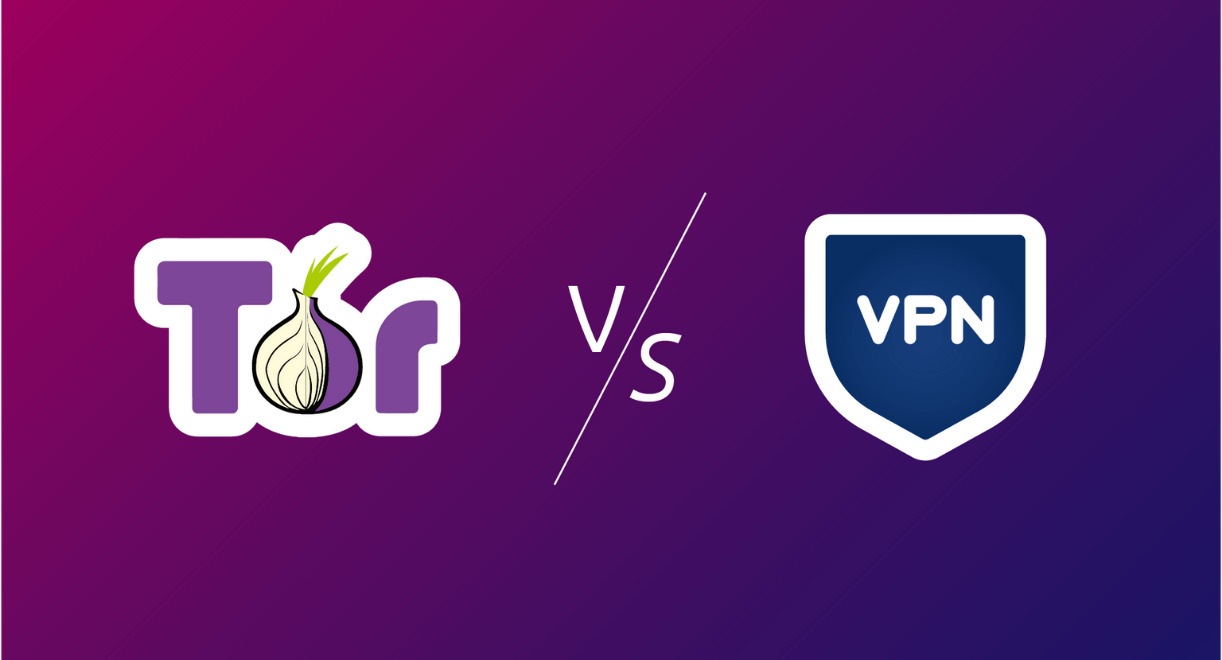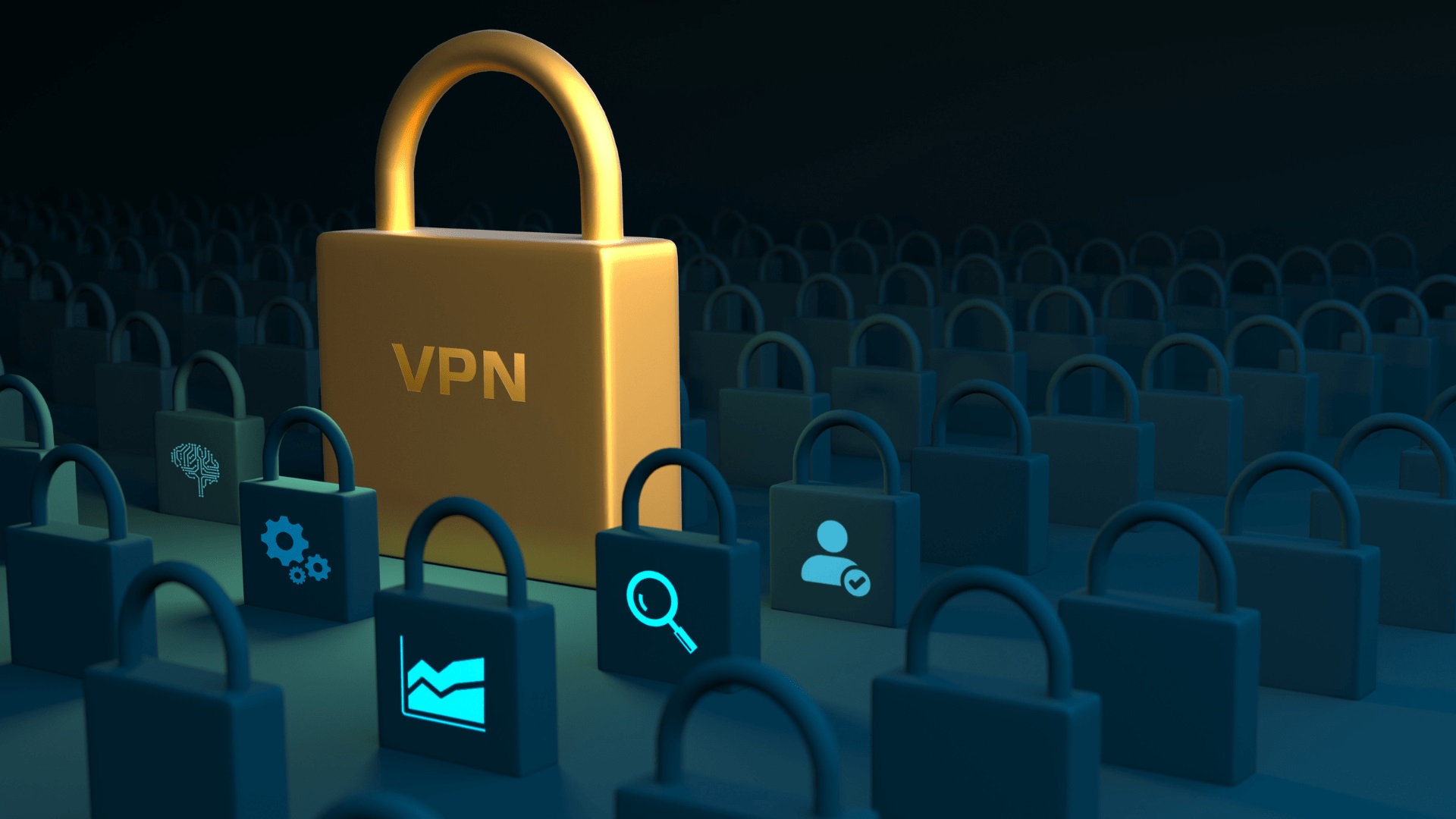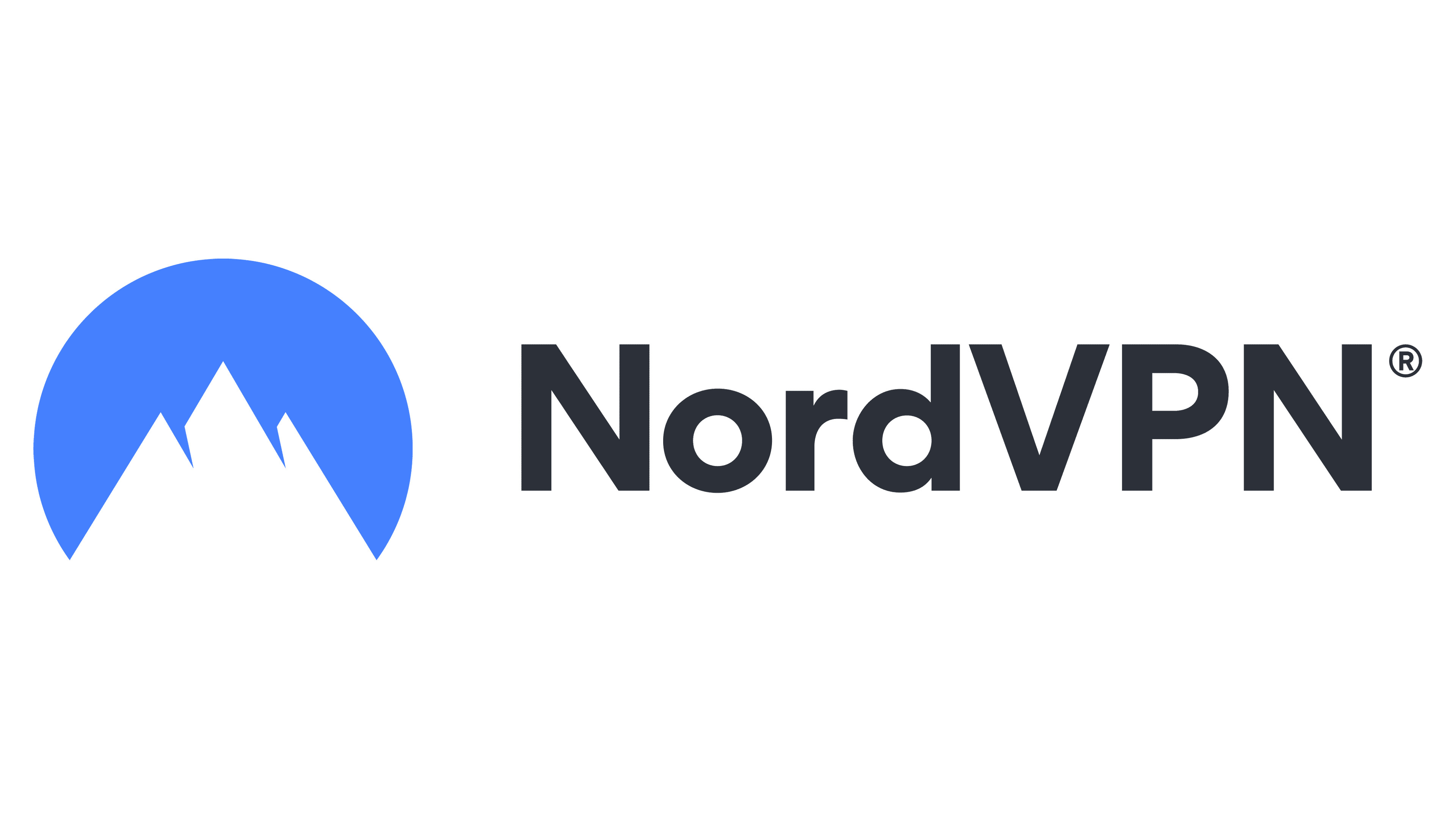Home>Software and Apps>Tor vs VPN: Choosing the Best Privacy Solution


Software and Apps
Tor vs VPN: Choosing the Best Privacy Solution
Modified: September 5, 2024
Learn the differences between Tor and VPN to find the best privacy solution for your needs. Explore the benefits of each for secure browsing. Compare now! #Software #Apps
(Many of the links in this article redirect to a specific reviewed product. Your purchase of these products through affiliate links helps to generate commission for Techsplurge.com, at no extra cost. Learn more)
Table of Contents
What is Tor?
Tor, short for The Onion Router, is free and open-source software enabling anonymous internet browsing. It achieves this by routing online traffic through a network of volunteer-operated servers called Tor relays. These relays only know about the ones before and after them, ensuring complete browsing history remains private.
How Does Tor Work?
When using the Tor Browser to access a website or service, your request passes through at least three nodes: the entry node, middle relay node, and exit node. The entry node is the first point of contact for your internet traffic, while the exit node is the IP address that the destination app or website sees, effectively masking your true IP address.
Pros of Using Tor
- Anonymity: Tor provides nearly impossible anonymity. Only the entry node knows your IP address, and even that information is encrypted. The exit node can inspect the information you’re sending but cannot see who’s sending it.
- Bypassing Censorship: Tor can help bypass geoblocking and censorship. If some website is blocked in your country, Tor can allow you to access it.
- Access to the Dark Web: Tor can access the dark web (a.k.a. the darknet), which is a part of the internet that’s not indexed by search engines. This is useful for journalists, activists, and other people in repressive countries to communicate safely and anonymously.
- Free and Open-Source: Tor is free and open-source software, making it accessible to anyone with an internet connection.
Cons of Using Tor
- Speed: Tor can be slow due to the multiple hops required for each connection. This makes it less efficient for tasks like streaming or gaming.
- Unreliable: Tor's reliance on volunteer-operated servers means that it can be unreliable. Sites may block Tor traffic, and the network can be vulnerable to node compromises.
- Limited Compatibility: Tor only works in the Tor Browser, meaning your device’s apps and other traffic are not protected.
What is a VPN?
A Virtual Private Network (VPN) is a service that encrypts your internet traffic and routes it through a server in another location. This setup allows you to appear as if you're accessing the internet from the location of the VPN server.
Read more: Enhancing Tinder Privacy with VPN
How Does a VPN Work?
When you connect to a VPN server, your web traffic is encrypted and tunneled through that server before reaching its final destination. This encryption ensures that your data remains secure and private, even on public Wi-Fi networks.
Pros of Using a VPN
- Ease of Use: VPNs are developed with average internet users in mind, making them very easy to use. They offer deeper control for advanced users as well.
- Bypassing Geo-Blocks: VPNs allow users to browse the web as though they are in a different country, bypassing geo-blocks that are meant to block access to certain content based on a user’s location.
- Good Performance: While your internet speeds will take a small hit when using a VPN, the impact can be minimal, especially when using a VPN server close to your real location.
- Accountability and Transparency: Reputable VPN providers guarantee the safety of their services and infrastructure, providing accountability and transparency to users through policies and customer service.
- Security and Privacy: A VPN’s encryption keeps your data safe, and VPNs that use no-logs policies increase your privacy.
Cons of Using a VPN
- Price: While free VPNs exist, they do not offer the same secure services that commercially bought VPNs do. Expect to pay subscription fees that can grow to be substantial when using premium VPN services.
- Dark Web Access: Accessing the dark web through a VPN is possible, but you need to buy a VPN that is capable of routing your traffic through the Tor network.
- Less Anonymity: VPN providers will always know your real IP address and even collect activity and connection logs unless they subscribe to a no-logs policy.
Choosing Between Tor and VPN
The choice between Tor and VPN depends on your specific privacy needs and preferences. Here are some scenarios where each tool might be more suitable:
Read more: How To Use VPN With Tor
When to Use Tor
- High Anonymity Needs: If you value anonymity more than anything else, including browsing speed, Tor might be the better option. It provides nearly impossible anonymity and is ideal for individuals who need to remain completely anonymous online, such as whistleblowers or political dissidents.
- Accessing the Dark Web: If you need to access the dark web for legitimate reasons, such as accessing .onion sites, Tor is the only way to do so.
- Bypassing Censorship: Tor can help bypass geoblocking and censorship, making it useful in countries with strict internet restrictions.
When to Use a VPN
- Daily Browsing: If you value faster internet speeds and a more user-friendly experience, a VPN could be the way to go. VPNs are designed for everyday browsing and offer good performance, making them ideal for tasks like streaming or gaming.
- Public Wi-Fi Security: If you frequently use public Wi-Fi networks, a VPN is more convenient. Its encryption prevents hackers from snooping and launching man-in-the-middle attacks, ensuring your data remains secure.
- Geo-Blocking: VPNs allow you to bypass geo-blocks, making them useful for accessing content restricted by your location.
Combining Tor and VPN for Enhanced Privacy
While both tools are effective on their own, combining them can provide an even greater level of privacy protection. Here’s how you can use both together:
- Encrypting Traffic with a VPN: First, encrypt your traffic using a VPN. This will ensure that your data is protected before it enters the Tor network.
- Routing Traffic through Tor: Then, route that encrypted traffic through the Tor network for an additional layer of anonymity. This combination is particularly beneficial for individuals with high-security requirements, such as investigative journalists, political activists, and asylum-seekers.
Tor and VPNs are both powerful tools with specific use cases. Tor offers powerful anonymity and is ideal for rare cases where complete anonymity is required, such as accessing the dark web or communicating with whistleblowers. On the other hand, VPNs provide faster internet speeds and are more user-friendly, making them suitable for everyday browsing and securing public Wi-Fi connections.
Ultimately, the choice between Tor and VPN depends on your specific needs and preferences. If you prioritize strict anonymity and are willing to accept slower internet speeds, Tor might be the better option. However, if you value faster internet speeds and a more user-friendly experience, a VPN could be the way to go. Consider combining both tools for an enhanced level of privacy protection.
By understanding the differences between Tor and VPNs, you can make an informed decision about which tool best suits your online privacy needs. Whether you choose Tor for its unparalleled anonymity or a VPN for its ease of use and performance, both tools are essential in today’s digital landscape where privacy and security are paramount.














